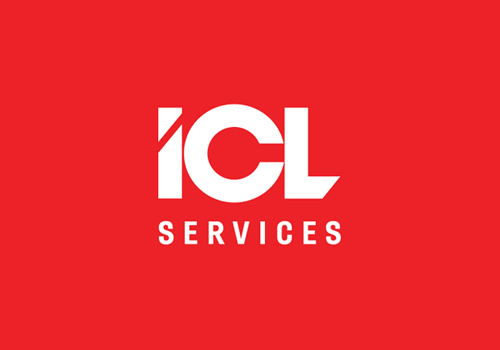The client owns one of the largest hotel and restaurant chains in the British market, with operations in the UK and EU.
The client's hotel and restaurant staff used corporate devices and desktop applications for ticket handling (ITSM system) in their daily operations. The software lagged too much, struggling to handle the volume of requests, and multiple tasks (like password resets, account unlocks, employee database adjustments, and many others) had to essentially be performed manually. Coordinating requests was challenging and employees often complained about technical issues.
While some of these processes had been optimized, they were not fully efficient. Therefore, the hotel chain owner decided to initiate a comprehensive RPA automation project.
Before starting the automation process, the client decided to have the system's business processes analyzed. It sought to identify what could potentially be automated and assess the RPA potential. This move, while unconventional, was undoubtedly more effective and well-considered.
The analysis required a team skilled in RPA optimization, so it was entrusted to analysts from ICL Services.
Key Challenges
- Analyze the client's Service Desk business processes.
- Identify processes that could be fully or partially automated, labeling them according to a set of key metrics
- Prepare project reports with a corporate template and estimate the potential costs of automating each process.
Implemented our solution
ICL Services sent 3 business analysts and a manager to collaborate with the client's team on this project.
In the initial phase, a project strategy was agreed upon, along with a reporting template for automation metrics. In their strategy, ICL Services analysts pinpointed potential areas of interest and business process groups.
During the project's second phase, the analysts collaborated with Service Desk experts and handled technical documentation: their task was to outline the pool of business processes within the system, identify request types, and flag down potential problem and lag sources.
For the third phase, the team initiated interviews with end users for each business process selected — i.e., the employees from the client's hotels and restaurants.
The explained to the analysts how the ITSM system was being used in real conditions, reported associated issues, and provided suggestions for enhancing the user experience. Throughout the process, ICL Services successfully tackled several communication challenges: for instance, not all client-side employees understood why they were being asked numerous questions about business processes, making them rather reluctant to devote time and energy to discussing these processes with ICL Services analysts. This obstacle was overcome through explaining the task's importance, done in tandem by ICL Services analysts and the employees' supervisors, as well as through optimizing the employee interview process.
In the final report, business processes were divided into three categories:
1. processes unsuitable for automation (for instance, involving manual equipment configuration);
2. processes requiring more advanced tools for automation (such as phone calls, which would need investment in an AI service for optimization);
3. processes with RPA potential.
The latter included 25 processes, such as password reset, employee termination, error management on POS terminals, error management when server connection is lost, forced check closures, and so on. The processes were categorized based on complexity and expense type (additional software development, customization of pre-existing software modules, software licenses, etc.).
Products and technologies
- Business Objective models
- MS Active Directory
- RPA automatization and its methodology
- Desktop app based on ITSM system
Results
- Business processes have been categorized. Overall, the team has discovered approximately 60 business processes.
- Out of the 25 processes identified as having RPA potential, 7 underwent rapid automation within just 2 months.
- Our report allowed the client to initiate a process robotization project, resolve technical issues with devices, and incorporate RPA into business processes.

